Course description
KASK / School of Arts Ghent and Kunstensite vzw offers a course in Open Design for refugees and asylum seekers currently staying in Belgium. The course program focuses on Open Design as a technological and as a cultural, artistic and critical practice. The course method is based on co-creation and peer learning, and puts an emphasis on new media literacy.
This 10-week course is open for refugees, asylum seekers but also “sans papiers” and people who does not have easy access to higher education. The course accepts a maximum of 15 participants. Candidates should apply by sending some background information about themselves (see register). Our common language is English. There is no tuition fee, participation is free of charge. We can support your travel expenses to the course and also the lunch between morning and afternoon classes is covered by the course.
The program of 2021 starts at October 04, 2021 and ends on November 09, with an exhibition at KASK school of arts.
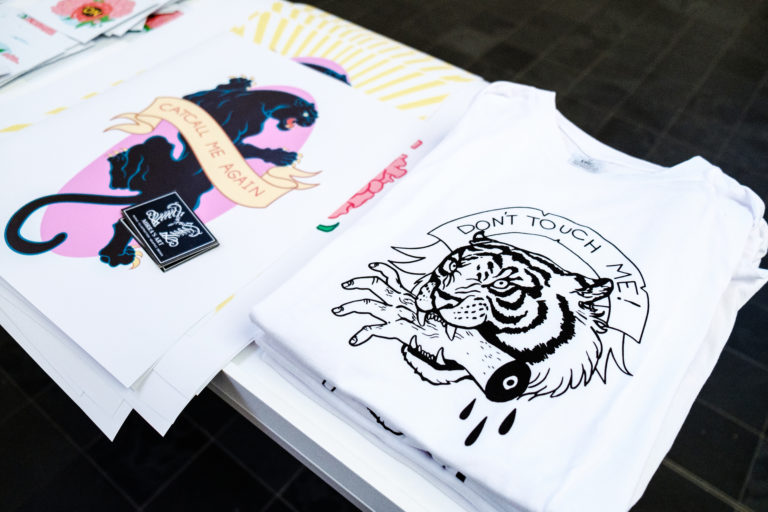
THEORY AND PRACTICE
This intensive course will provide practical and theoretical competencies, and aims at a higher education learning level. It offers a broad and general overview of Open Design as a contemporary sociotechnical phenomenon, and facilitates individualised indepth and practice based learning of specific Open Design strategies and tactics. The course requires participants to attend classes 3 days per week.
LEARNING TOGETHER
The methodological approach of the programme is based on peer learning and co-creation. We strongly believe in embedding the core principles of Open Design into the very structure of the programme.
Students are expected to bring their own knowledge and skills to the course, and engage thoroughly in sharing and collaborating with each other. For this approach of cooperative learning we seek to create a group of students maximising complementary expertise and creative talent, bringing together basic and highly specialised skills.
SHARE YOUR EXPERTISE
In order to establish an interesting, valuable and unique learning environment, candidates are selected based on a carefully managed admission process. This process does not only try to identify skills and knowledge, but will also focus on your ability to share your expertise with others.
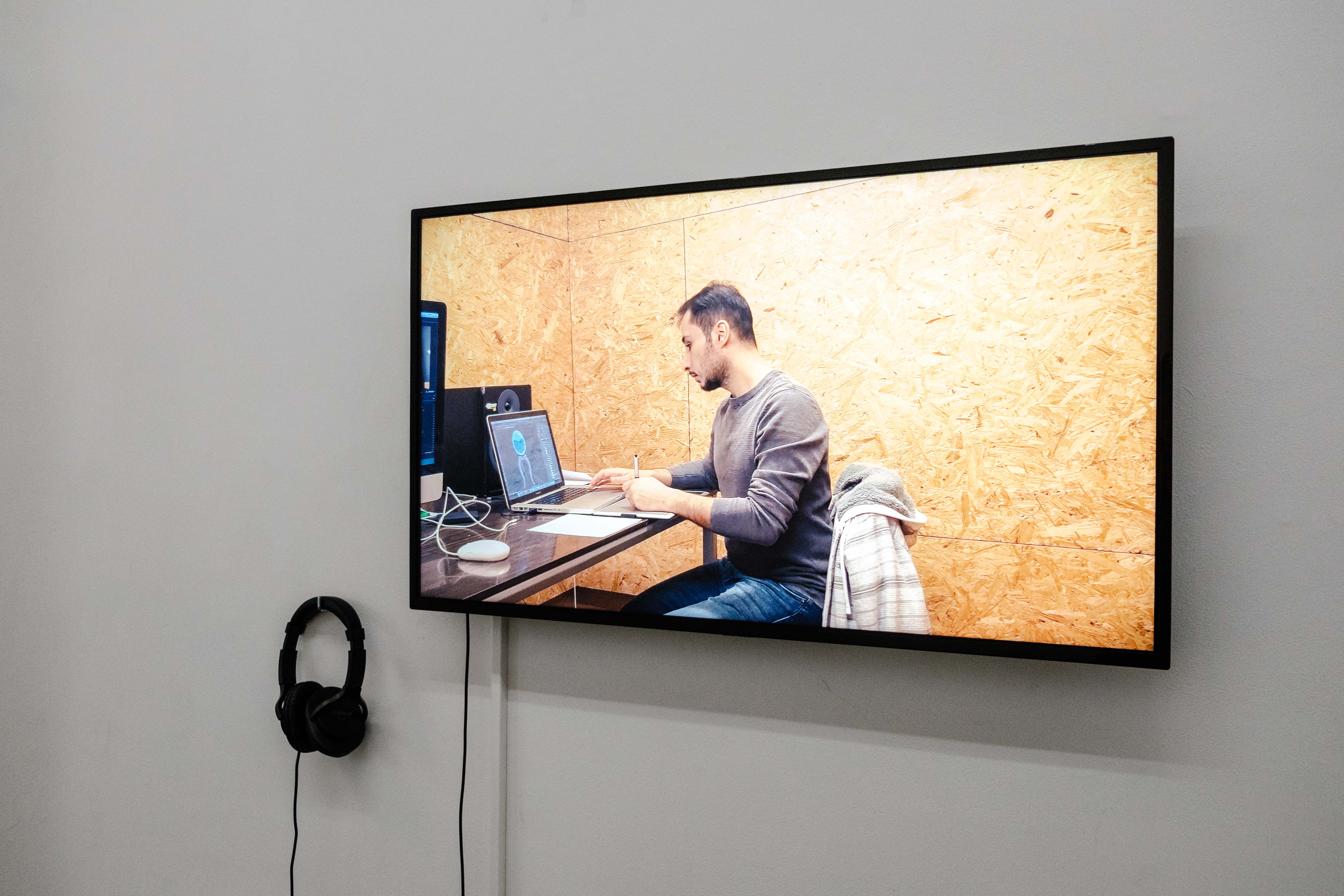
ART, INNOVATION AND ENGAGEMENT
The course will theoretically and conceptually contextualize Open Design as an innovation practice and as a practice of artistic expression, as well as a practice of civic engagement.
This course will introduce and discuss a broad spectrum of tools and methods and their underlying narratives. For this, Open Design is approached as a possible basis for various related fields in art and design. You will explore examples from participatory design, social design, critical design, speculative design and experimental media art (art and technology, art and activism, bio-art…).
OPEN TOOLS
Introductions are offered in free and open source software tools (for networked communication, media creation and digital modelling) as well as open hardware and digital fabrication tools (Raspberry Pi, Arduino, 3D printing, laser-cutting). You will experiment with these tools and learn to implement them in your own design and creation process.
NOT ONLY DIGITAL
Although the phenomenon of open design is heavily inspired by digital tools and the internet, we do not restrict our focus to the digital world only. To the contrary, part of the focus of this course will be on the way digital tools can inspire traditional ways of creation, and vice versa. So we really welcome people with diverse maker skills. From traditional handicrafts to agriculture.
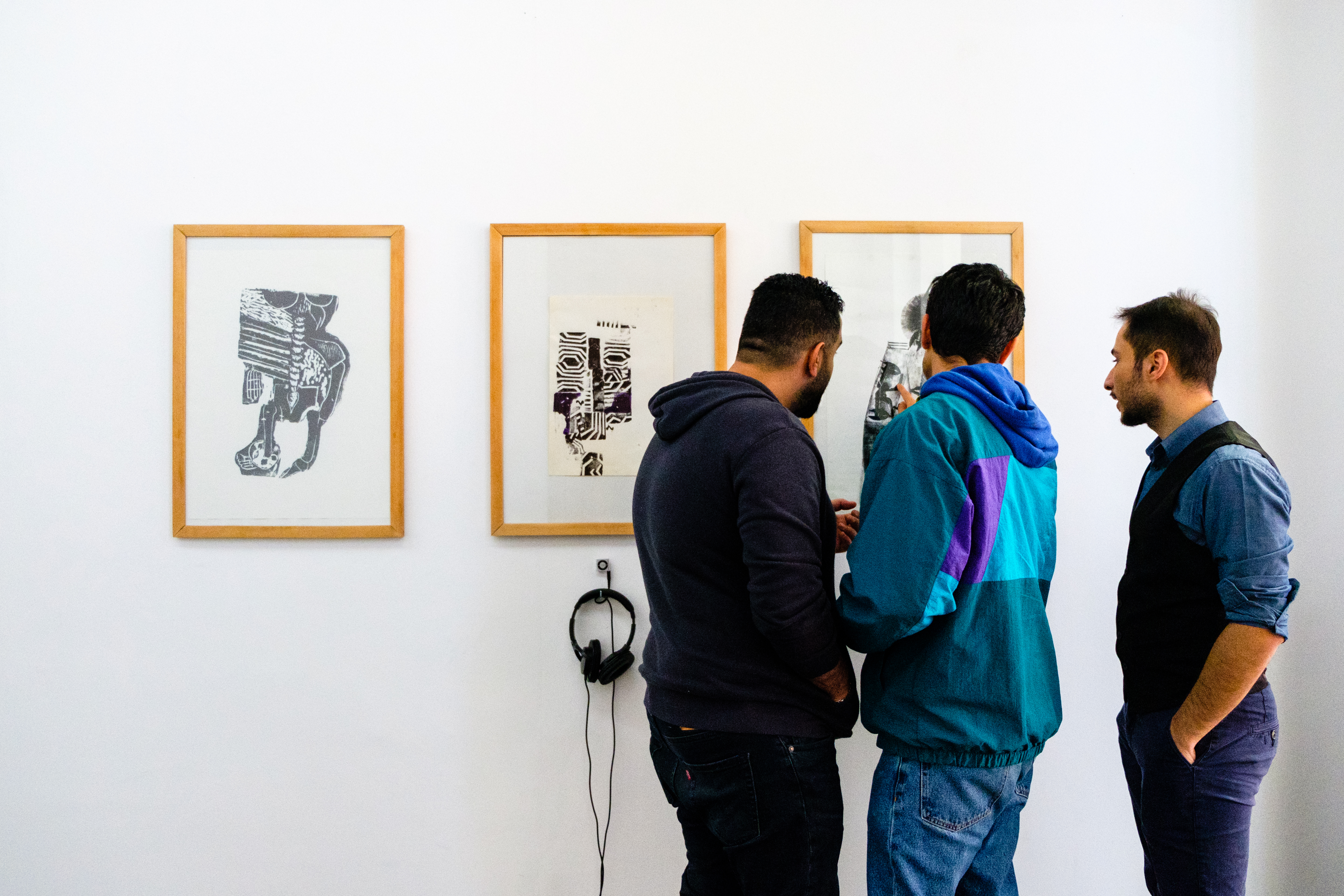
INPUT MONTH / OUTPUT MONTH
The course has a simple structure, with the initial month emphasizing ‘input’ and the final month focusing on ‘output’. During the ‘output month’ you will translate your obtained understanding of Open Design and new media and technology skills into proper design projects.
WHAT WILL YOU MAKE?
We foresee a wide range of possible outcomes which can include: media creations or publications (books, magazines/editions, texts, videos, audio-works posters,… ), digital creations (websites, apps, software), interactive objects or installations, speculative design (objects, prototypes, visualisations), social design (participatory performances, situations, events).
There is much more, and this is really up to you.
EVALUATION
Final evaluation of the candidates is based on self-assessment. You will be evaluating your own and your fellow participants’ achievements. Moreover you will be asked to evaluate the course and help us refine it for future candidates.
CERTIFICATE OF COMPLETION
Please note that this is not an officially accredited course programme. Participants do receive a Certificate of Completion, but for now this is not related to an official degree.
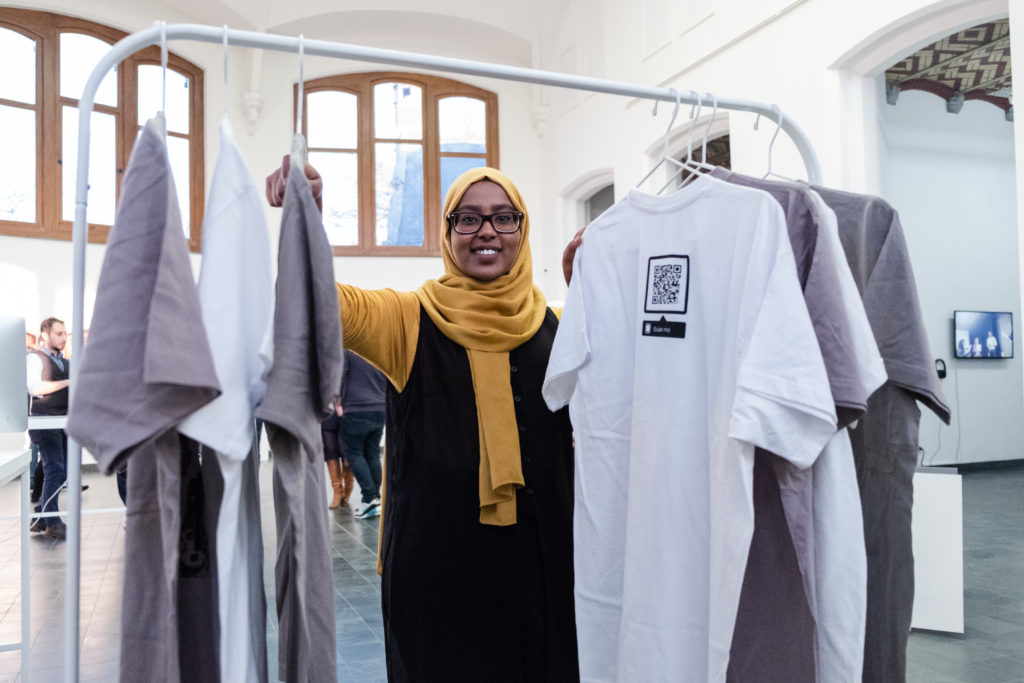
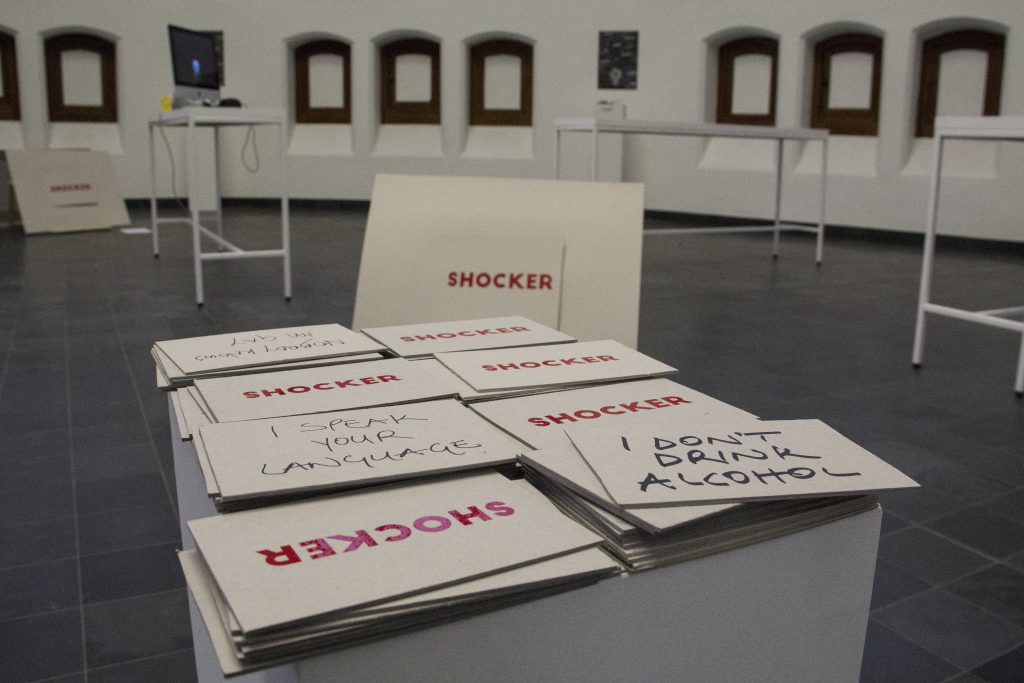
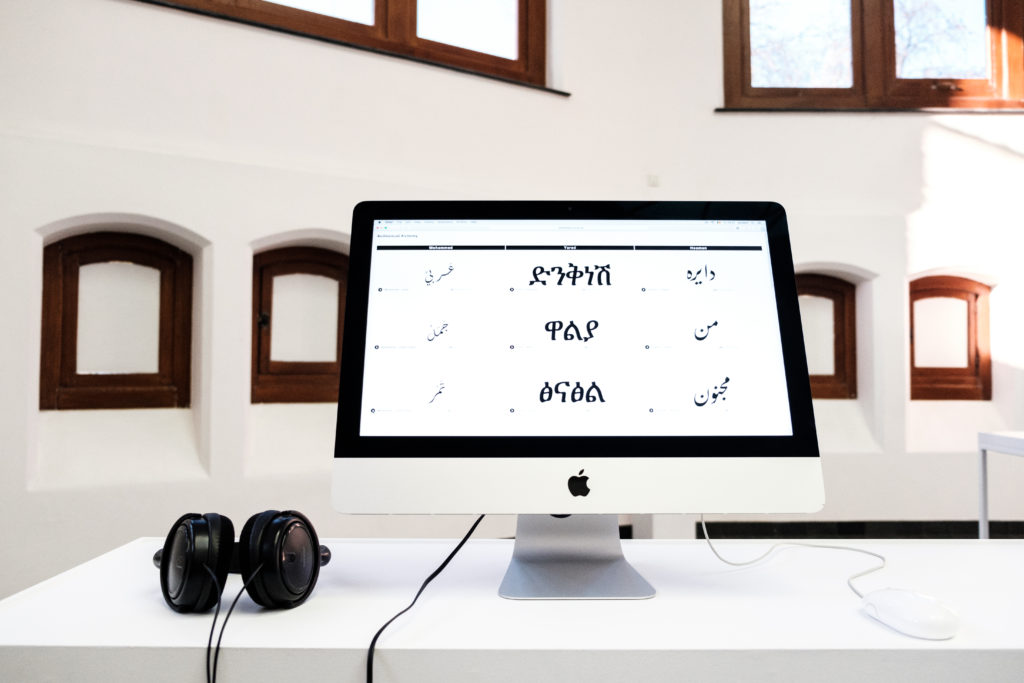
Participants
The course accepts participants with educational or professional backgrounds (or other experience) and skills from very diverse backgrounds. Do not hesitate to contact us if you have questions about this.
DESIGN SKILLS
- web design or web development (html, css, javascript, python, php, mysql)
- graphic design (adobe, open source tools)
- digital design and digital manufacturing (3D modelling, 3D printing, laser-cutting,..), computer programming
- open hardware (arduino, raspberry pi, processing, pure data)
- illustration
- drawing
- creative writing (storytelling, poetry, language and translation, journalism, copywriting)
- audiovisual (sound-design, filmmaking, video editing, motion graphics, animation)
- radio, electronic music
- design theory and thinking
- specific design or handicraft skills such as furniture, fashion, textile design, tapestry…
- marketing and advertising
- printmaking (silkscreen, lithography, letterpress…)
- project management
- photography
- performance making
- social design
- architecture and urbanism
OTHER BACKGROUNDS
We are also welcoming additional expertise and skills from applicants with a background in:
Education sciences, Communication sciences, Political sciences, Anthropology or Cultural studies, Psychology, Philosophy, Sociology, Biology, or other academic backgrounds.
APPLICATION REQUIREMENTS
Candidates should:
- demonstrate a keen interest in Open Design.
- ideally have educational or professional expertise related to the skills listed.
- are willing to share their skills with others in the context of co-learning and co-creation.
- be at least 18 years of age.
- be able to attend class meetings 3 days/week at KASK School of Arts, Bijloke campus in Ghent.
- have basic computer skills.
- have at least basic English language skills.
- register via the application form (on our website, via mail or postal service).